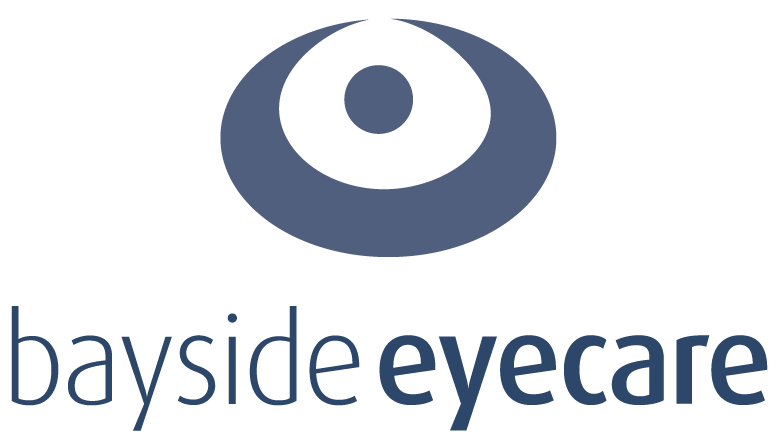Vision therapy is often recommended to improve the way an individual’s visual system works. It is a useful tool used by behavioural optometrists to remediate a vision problem or enhance visual skills. Each vision therapy program is designed to suit the needs and goals of the individual.
Vision therapy can be useful for the following vision related conditions:
- Strabismus (turned eye)
- Amblyopia (lazy eye)
- Binocular vision dysfunctions (poor eye teaming and focusing skills)
- Tracking eye movement difficulties
- Vision perception difficulties
- Post traumatic brain injury eye related problems
The length of program and frequency of in-office visits will depend on the severity of the vision related problem and the desired goals of therapy. In most instances patients will attend weekly one-on-one therapy sessions and perform home based practice between in-office visits.
The results of vision therapy can often be noticed in class room learning, sporting performance and for tasks such as driving a car and riding a bike.
We love the following video which sums up some of the reasons to undergo vision therapy and details some of the benefits achieved.

 (03) 9596 1238
(03) 9596 1238


